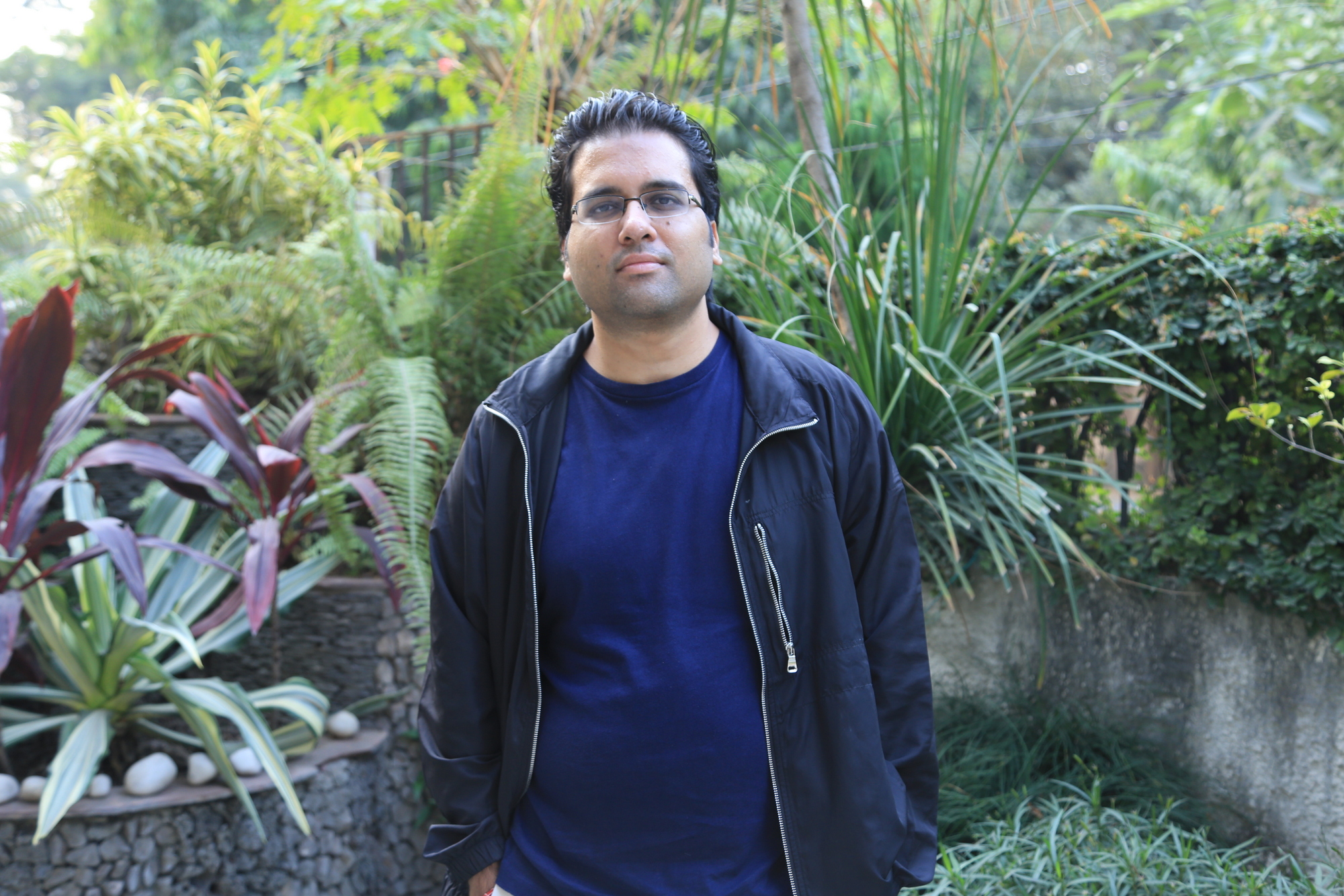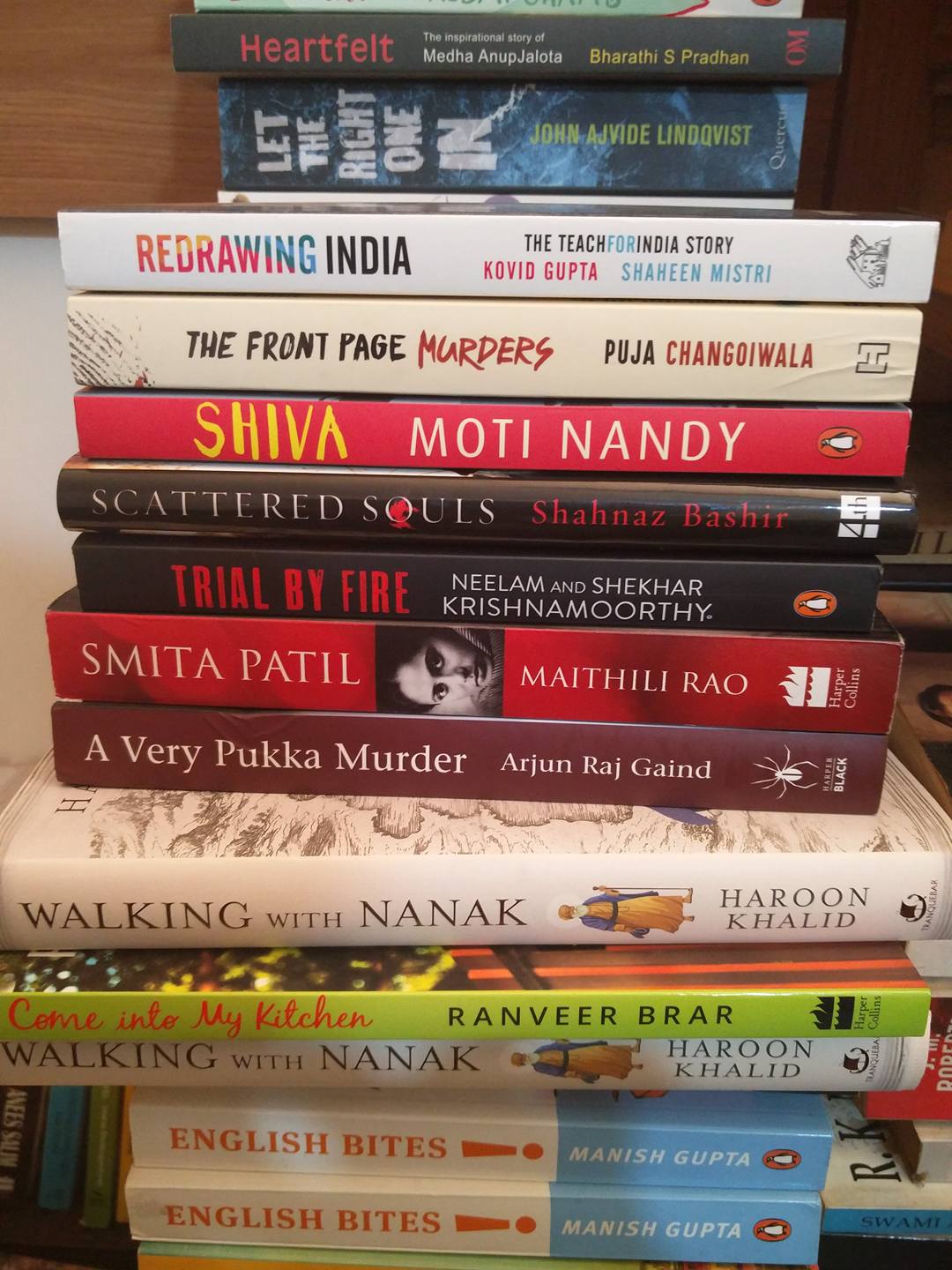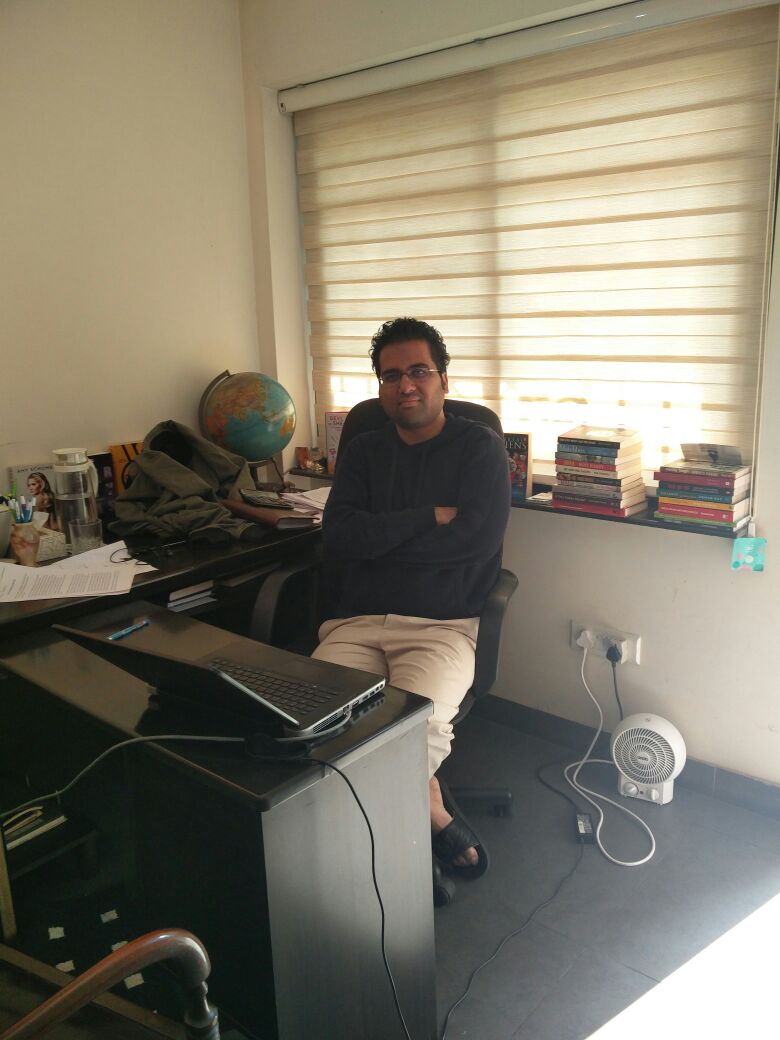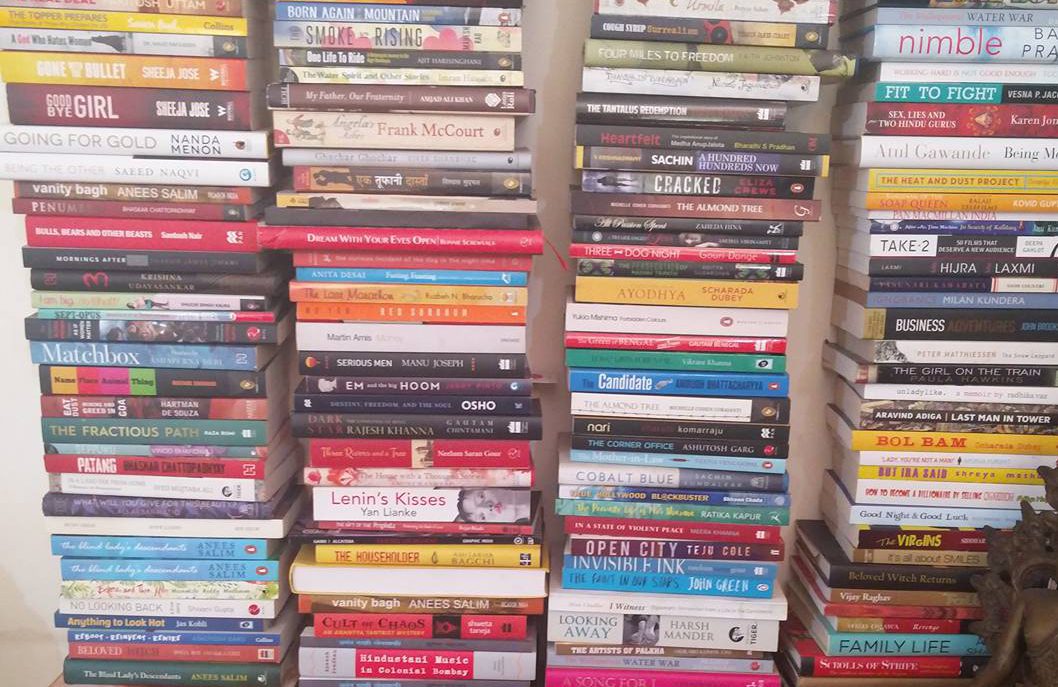I’ve always found the job of a literary agent very curious. Since as an author I know that most Indian authors don’t make much money, I do not understand how a literary agent, who charges the author 10-20 percent commission on royalty, makes any money in Indian publishing. This curiousity led me to ask these questions to Kanishka Gupta, a friend and my agent in India for YA/A novels.
Kanishka runs the literary agency Writer’s Side and has represented more than 400 authors in his short six years as an agent. I find him superquick in his responses, honest about his feedback and open to debut authors. In this excerpt he answers all those questions about agenting that had got me curious. I haven’t edited the blog, so it’s rather long. Take your time.
Q) A literary agent is rather an unusual profession. People who come into it, either wanted to be writers or publishers. How did you start as a literary agent?

As an out-of-job, out-of-sorts struggling writer in my early twenties, I was deeply perturbed by the lack of a support mechanism for writers in the country. At that time there was just one literary agency ( yes one!) and publishing editors were like inaccessible government bureaucrats. After freelancing briefly for a literary agency and a well-known novelist, I took the entrepreneurial plunge and founded Writer’s Side. In the beginning WS was more of an editorial consultancy but over time we have shifted our primary focus to author representation.
Q) How long did it take you to establish yourself as a literary agent, both with authors and publishers?
Since I was new and non-pedigreed I had to be very careful about my first batch of submissions. It took me a whole year to find an author worthy of representation. And to date he (Anees Salim) remains my most critically acclaimed author. I think I have been under the radar for many years and it was only in 2015, the year in which I sold almost 100 books to publishers, that I came into prominence. The year 2016 was even bigger and better in terms of both number and quality of books and the deals made.
Q) Is it a high paying job?
Not unless you manage to sell volumes. And since agents don’t live on a fixed salary it’s even trickier. I’ve found a formula that works though: I approach each book with an open mind. I don’t have preconceived notions and I am not here to drive an agenda. Literary sensibility is important but so is business sense. I have seen a tendency towards exclusivity in some publishing professionals which I find rather suffocating and restricting.
Q) In the Indian market where more authors are self-publishing or can go straight to the publisher, do you feel your profession is threatened? Or is it morphing into a new responsibility?
 Direct commissioning is the bane of an Indian literary agent. I lose out on at least 10 books every year because of this, although the number is coming down drastically. The hardest job for us is not just signing new authors but retaining them after they’ve established contact with editors. You have to add value at every stage of the publishing process. Of late, I have been doing a lot of PR for my authors since this is one area of publishing that needs a major rethink.
Direct commissioning is the bane of an Indian literary agent. I lose out on at least 10 books every year because of this, although the number is coming down drastically. The hardest job for us is not just signing new authors but retaining them after they’ve established contact with editors. You have to add value at every stage of the publishing process. Of late, I have been doing a lot of PR for my authors since this is one area of publishing that needs a major rethink.
Q) What makes a good literary agent?
A good agent is a good reader, manager and counsellor rolled into one. Agents have to show a lot of tact and problem solving abilities. You have to be diplomatic – you don’t want to lose your author and at the same time you want to continue doing business with the publisher. It’s a tightrope walk.
Q) How many submissions do you get in a week? How many of those do you select?
 Frankly, I get most of my authors through referrals although in any given year I do choose at least five-six manuscripts from the slushpile. In 2016, I worked with a well-connected scout who got me five solid writers. Agenting is all about reputation and it cannot grow by pumping in money and investments. If you have a bad reputation among authors and editors you’re dead meat.
Frankly, I get most of my authors through referrals although in any given year I do choose at least five-six manuscripts from the slushpile. In 2016, I worked with a well-connected scout who got me five solid writers. Agenting is all about reputation and it cannot grow by pumping in money and investments. If you have a bad reputation among authors and editors you’re dead meat.
Q) What do you look for in a book?
It has to have the fundamentals in place like good writing, engaging storytelling and compelling characters. It has to speak to me and my editorial team. For non fiction, the subject and credentials of the author matter a lot.
Q) What are the major genre trends in Indian publishing 2017-18 that you see coming up?
I see an even greater democratisation of the ecosystem, with indie publishers giving established multinationals a run for their money. I see non-fiction getting bigger and the space for literary fiction shrinking further. in comparison to 20 years ago, there is greater democracy, mass-market appeal, and less exclusivity. The self-styled arbiters of literary taste have somewhat lost their relevance because of social media and new ways of promoting books. I also see the culture of agenting gathering steam although agents are yet to shake things up. It will happen soon!


Illuminating. Thanks Shweta and Kanishka
Jane, thanks for dropping by! Glad you liked the interview. Want to include you here too. Will get in touch. Hugs!